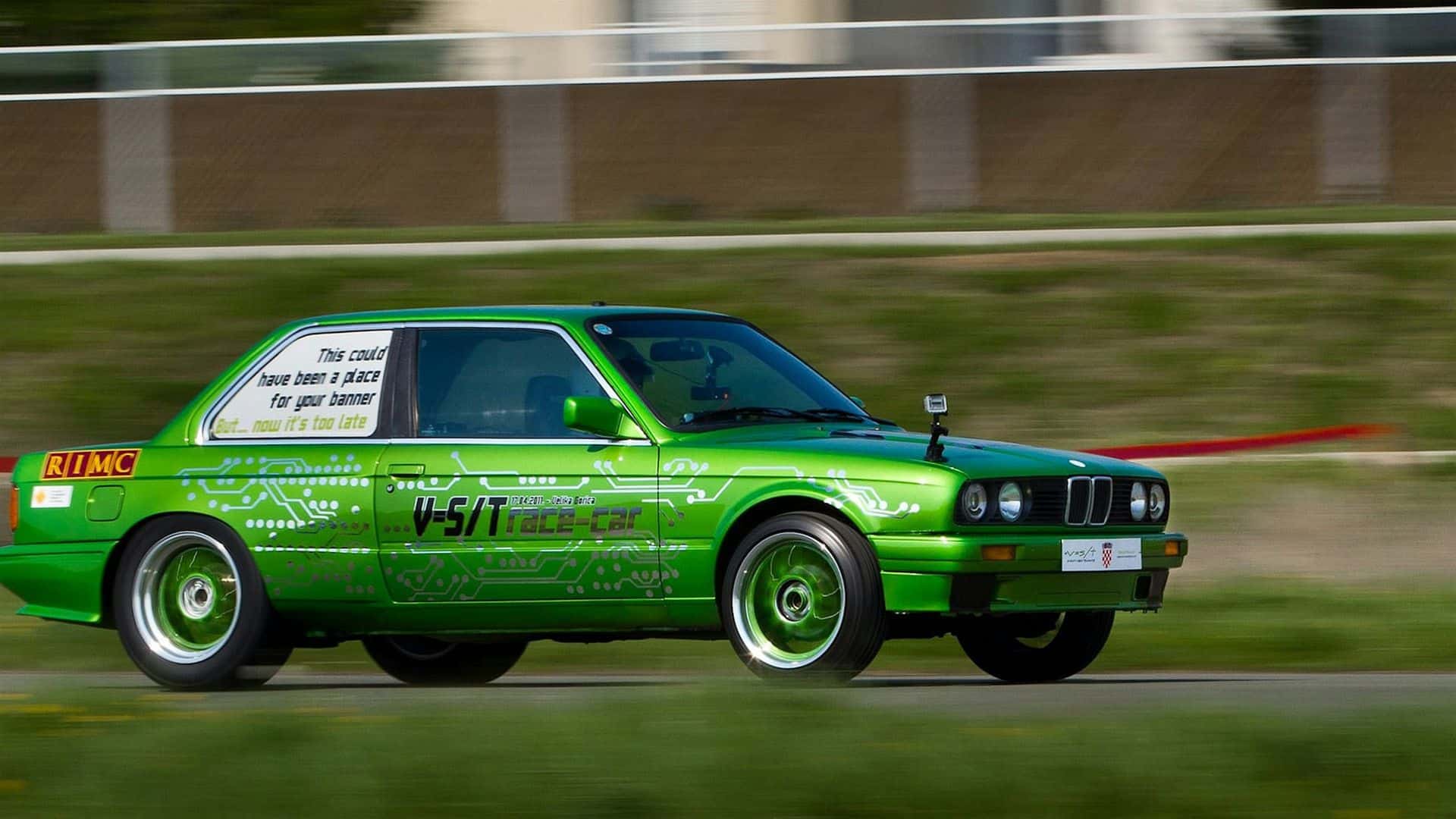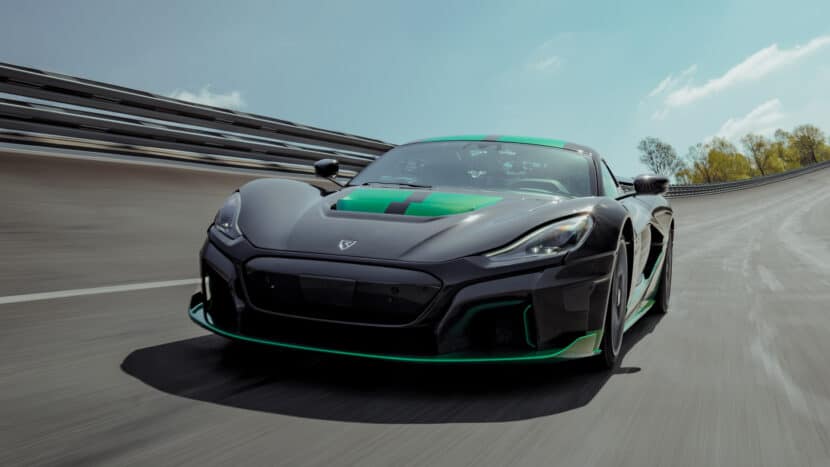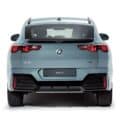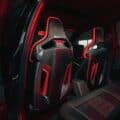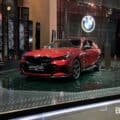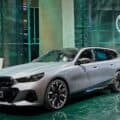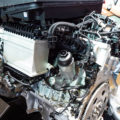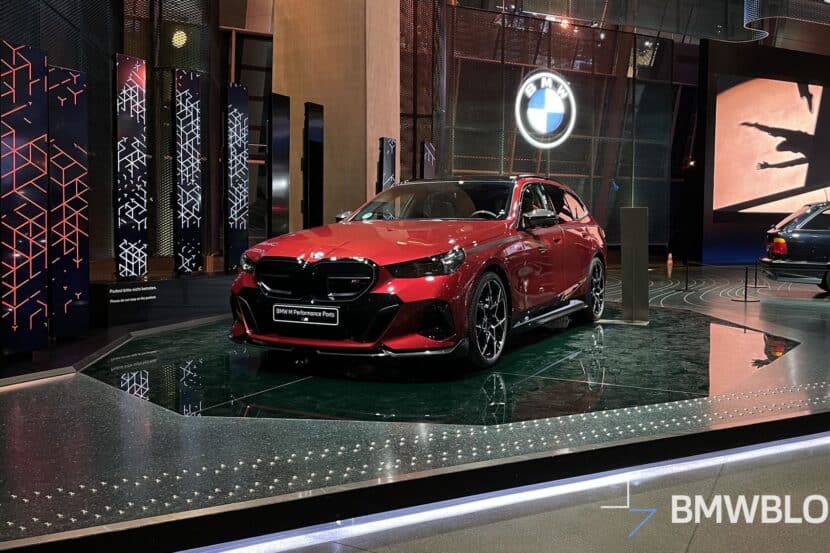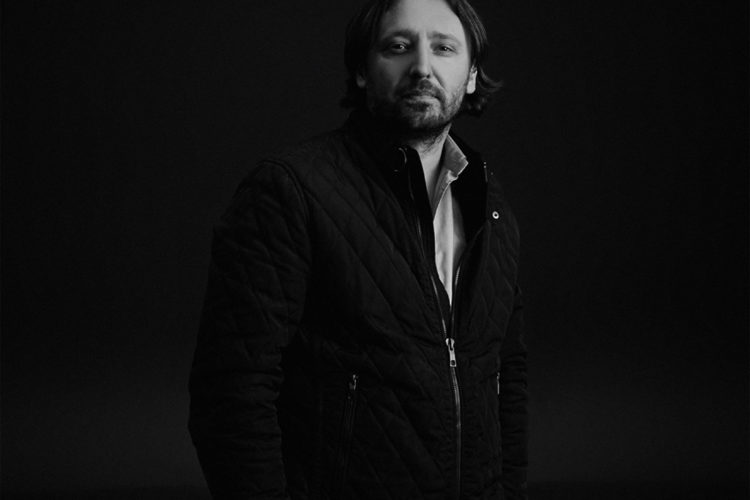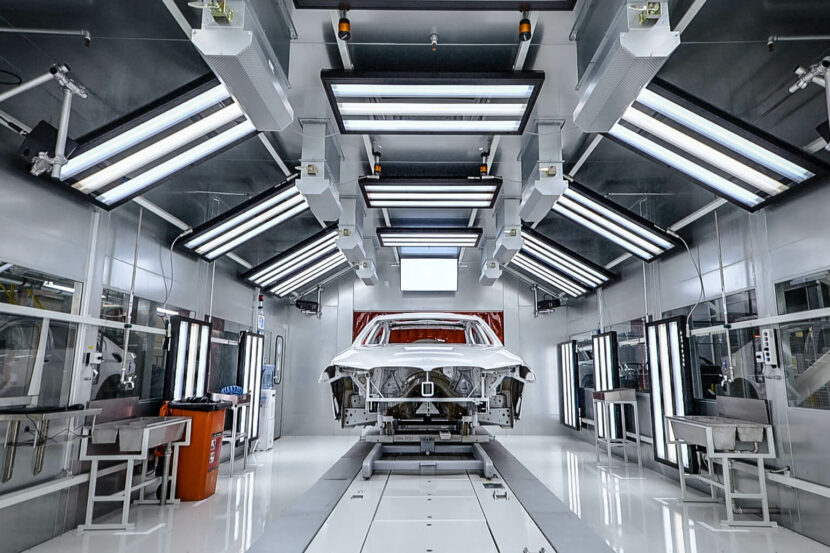[UPDATE] Mate Rimac has shared additional details on his Facebook account, revealing that Rimac has been developing battery systems for BMW for the last couple of years. In addition, a large part of Rimac’s new campus in Croatia is dedicated to battery production just for BMW, “creating the future of their electric models.” He goes on to say the deal with BMW is Rimac’s biggest ever and possibly the largest in the history of Croatia. The new campus is already too small, which is why a new factory is planned.
Mate Rimac’s humble beginnings included this 1984 3 Series E30 converted to an EV back in 2008. Many years and successes later, the genius man behind the Nevera electric hypercar is officially working with the German luxury brand. The BMW Group and Rimac Technology have inked a deal for a long-term partnership to jointly work on battery technology for future electric vehicles coming after 2025.
It’s worth noting that Rimac Technology is part of the Rimac Group, which holds a 55% share in Bugatti Rimac. The remaining 45% belong to Porsche. Mate Rimac has a 35% share in the Rimac Group, while other large shareholders include Porsche with 22% and Hyundai with 11%. Rimac Technology is a Tier 1 supplier in the automotive industry.
The BMW Group and Rimac Technology will detail their collaboration at a later stage. For now, we only know the two parties will “co-develop and co-produce innovative solutions in the field of high-voltage battery technology for battery-electric vehicles.”
In the meantime, BMW is gearing up for the Neue Klasse platform. Debuting in 2025, it will usher in sixth-generation battery tech. These will be cylindrical cells rather than the prismatic ones used by today’s electric vehicles. Initially, these will come in 75 kWh, 90 kWh, and 105 kWh capacities.
BMW’s next-gen batteries will have a diameter of 46 millimeters (1.8 inches) while size will depend on the type of vehicle: 95 mm (3.7 in) for cars and 120 mm (4.7 in) for SUVs. Neue Klasse EVs are being engineered with support for an 800-volt architecture to unlock 350-kW charging. It’ll take about 10 minutes to charge the battery enough for 186 miles (300 kilometers) of range.
Compared to existing Gen5 cells, the liquid-cooled Gen6 batteries developed in-house will boost energy density by 20%. In addition, the range and charging speed are projected to increase by 30%. BMW touts a 50% reduction in production costs and a 60% reduction in the carbon footprint. The BMW Group estimates EVs will account for more than 50% of sales before the end of the decade.
Source: BMW Group, Mate Rimac / Facebook


